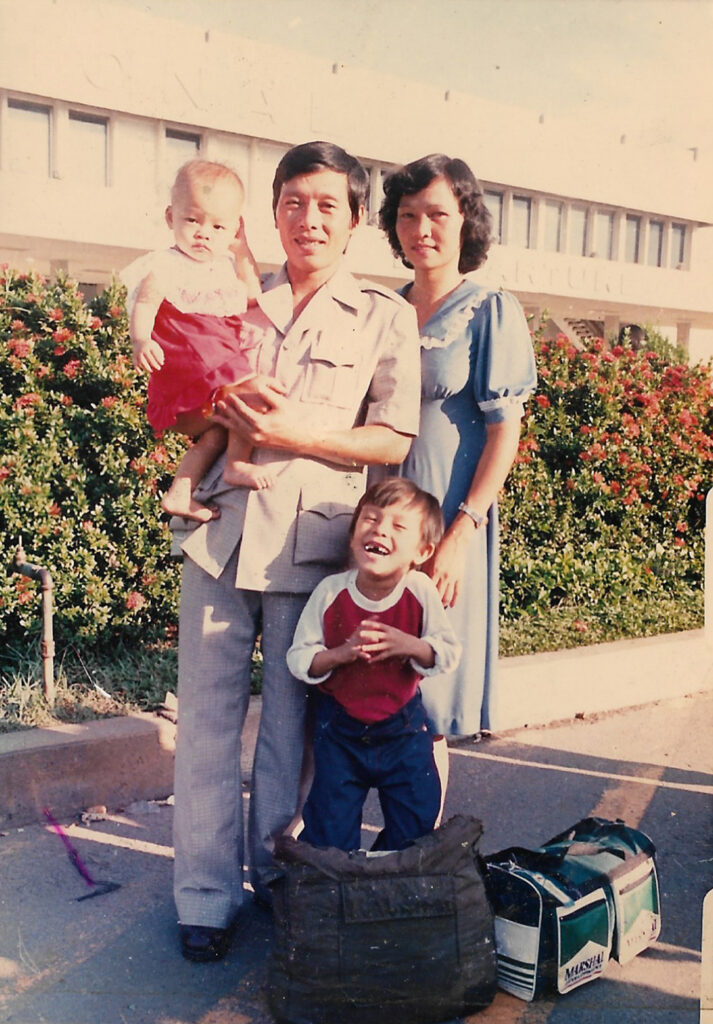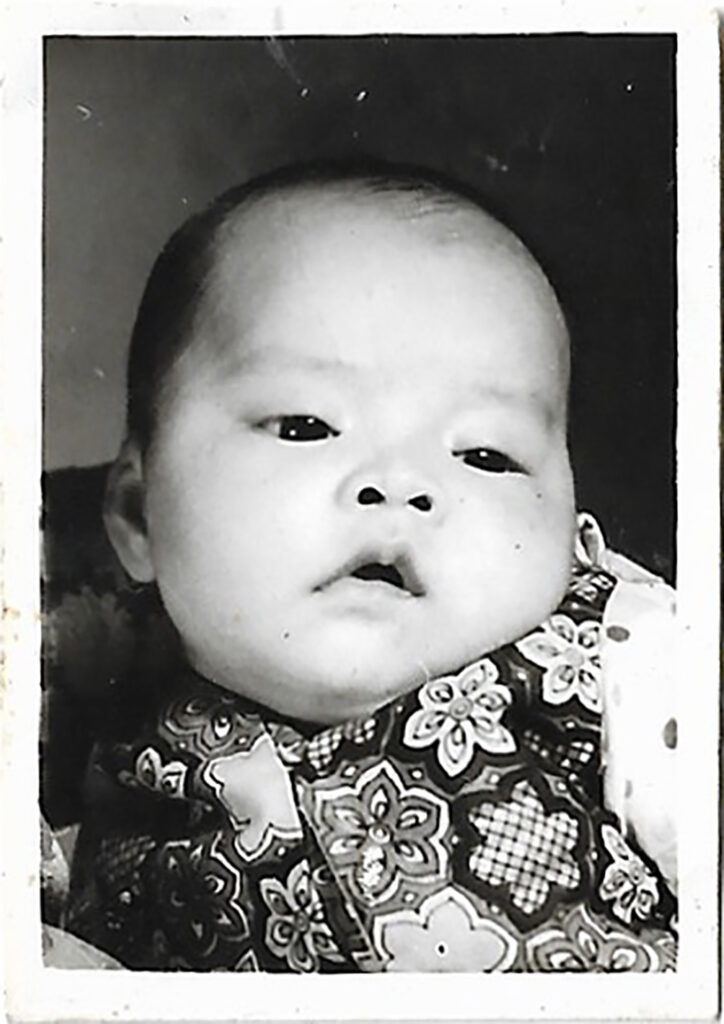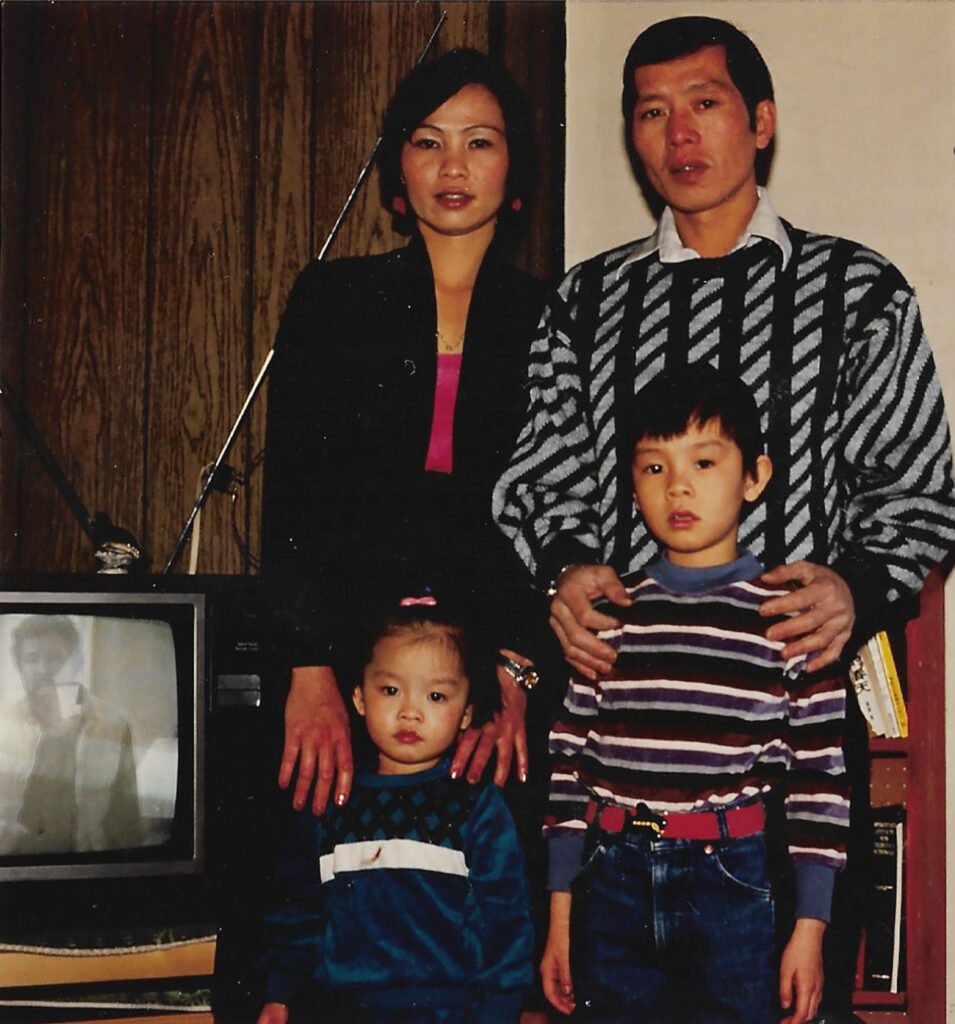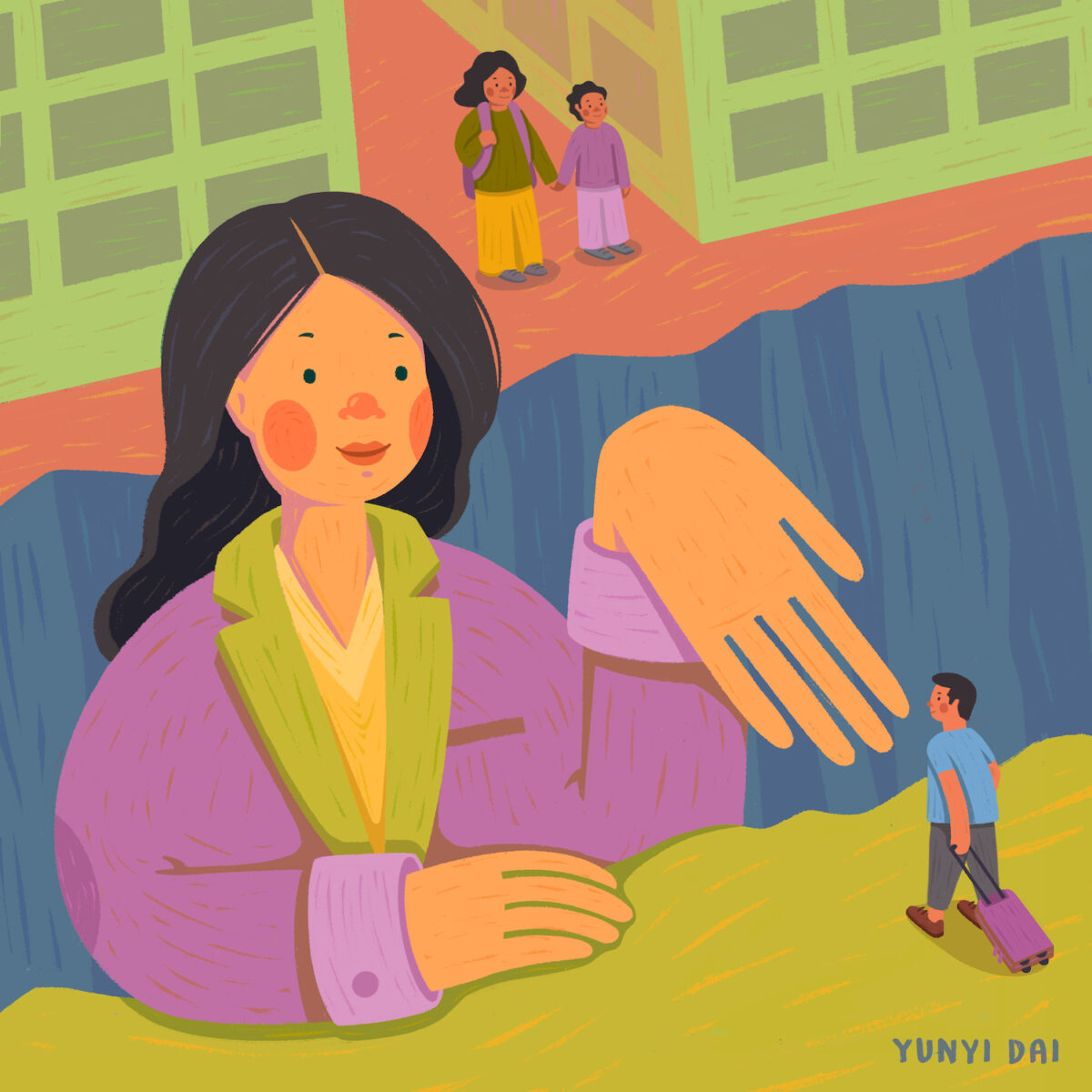
Constant change is the new normal for Americans today, with COVID-19 causing even more upheaval to routines and schedules. Salt Lake City immigration attorney Linh Tran-Layton says those changes have impacted not only her work but the way she connects to her clients.

She says the pandemic has been hard on a lot of her clients, but one particular case really sticks with her.
“So this case was a case where a U.S. citizen spouse was petitioning for her husband to get a green card and her husband had entered undocumented,” she explained. “So there is a process that they have to go through where the husband eventually had to go back to Mexico, to the U.S. consulate.”

COVID-19 led to the shutdown of U.S. consulates across the globe, including in Mexico, leaving Tran-Layton’s client’s husband stranded in the country with a family back in the U.S. A process that typically takes two weeks turned into two months.
“We really didn’t know when he was going to come back,” said Tran-Layton.
She adds that, as an immigrant herself, she can relate to the stress this is causing the couple because her family also faced the prospect of an uncertain future in their own journey to Salt Lake City.


As a 1-year old, Tran-Layton and her family came to the U.S. as refugees from Vietnam shortly after the Vietnam War.
“My parents didn’t know English, had one hundred dollars, their clothes and my brother and I,” she said.
Tran-Layton says her family’s experience is a reminder to her that immigration law is more than just a set of rules.
“There’s very much a human element to it.”
Linh Tran-Layton

She sees the sacrifices her parents made in many of her clients. The many hardships her parents endured created a stricter environment for herself and her brother. Succeeding in school and working hard were always the top priorities in Tran-Layton’s family.
“They would never let me sleep over at friends’ houses,” she said. “They would always say, ‘don’t have a boyfriend until you’re done with school.’
“They felt like getting an education was the key to success.”
Tran-Layton has been working for decades to achieve what her parents had sacrificed to give her: the American dream. She recalls her parents’ support during her pursuit of her law degree.

“I know that my parents are very proud of us because even though they came from, really, nothing and did not have any formal education really at all,” she said. “Their kids were at least able to achieve things that they had only wished for.”
Tran-Layton believes that there are more things she can continue to accomplish. Today she is more committed than ever to helping individuals find their way through the complexities of the U.S. Citizenship and Immigration Services, especially in the midst of COVID-19.
She fears the coronavirus pandemic has brought changes to immigration that the U.S., those emigrating here, and those helping immigrants navigate the process will feel for generations to come. One of these policy changes refers to refugee admissions; this policy was how Tran-Layton’s family came to the U.S. The White House has temporarily suspended refugee admissions to the U.S., which, for her, hits close to home.
“That could have been my family, and people who are like my family may never be able to come here,” she said.
For now, she’s hopeful that current events will improve and that families will soon be able to experience the same opportunities she has.
